Mouse IFN-γ High Sensitivity ELISA Kit
$319.00 – $449.00
ELISA Kit Detail Information
| Related Target | |
|---|---|
| Species | mouse |
| Sample Type | Serum, plasma, cell culture supernatant, and other biological samples |
| Sample Volume | 10 μL |
| Sensitivity | 0.39 pg/mL |
| Array Range | 7.81 pg/mL – 500 pg/mL |
| Assay Time | 3.5 h |
| Recovery | 88% – 115% |
| Average Recovery | 104% |
| Intra Precision | 4.7% – 4.8% |
| Inter Precision | 1.2% – 5.0% |
| Plate | Detachable 96-well plate |
| Storage | If the reagent kit is unopened, it should be stored at 4℃. However, if it has been opened, the standard solution should be stored at -20℃, while the other components should be stored at 4℃. |
| Delivery | 4℃ blue ice transportation |
| Components | 96-well polystyrene enzyme-linked immunosorbent assay (ELISA) plate coated with anti-IFN-γ monoclonal antibody Mouse IFN-γ freeze-dried standard IFN-γ detect Antibody Standard Diluent HRP-labeled streptavidin Signal enhancer concentrate Signal enhancer diluent Assay Buffer(10×) Substrate TMB Stop Solution Washing Buffer(20×) Sealing Film |
| Assay Principle | This kit utilizes the double antibody sandwich enzyme-linked immunosorbent assay (ELISA) detection technique.Specific anti-mouse IFN-γ antibodies are precoated on a high-affinity ELISA plate.Standards and test samples are added to the wells of the ELISA plate. After incubation, the IFN-γ present in the samples binds to the solid-phase antibodies. After washing to remove unbound substances, biotinylated detection antibodies are added and incubated. After washing to remove unbound biotinylated antibodies, streptavidin-HRP labeled with horseradish peroxidase is added. After washing again, a signal enhancer is added and incubated. After washing to remove unbound substances, Streptavidin-HRP is added once more. After washing, a colorimetric substrate, TMB, is added and the plate is incubated in the dark for color development. The intensity of the color reaction is directly proportional to the concentration of IFN-γ in the samples. A stop solution is added to terminate the reaction, and the absorbance value is measured at a wavelength of 450 nm (with a reference wavelength range of 570-630 nm). |
Related Targets
IFNG
IFNG Target Infomation Overview
- Target Symbol: IFNG, interferon gamma
- Gene Groups: Interferons
IFNG, interferon gamma Target Infomation by Species
- Human
- Mouse
- Rat
Human IFNG Target Information
- Target Symbol: IFNG, interferon gamma
- Alias:
- IFG
- IFI
- IFN-gamma
- IMD69
- immune interferon
- interferon, gamma
- NCBI_Gene: 3458
- UniProtKB: P01579
Human IFNG Predicted Functions
Predicted to enable cytokine activity. Involved in several processes, including positive regulation of cell death; positive regulation of cell differentiation; and positive regulation of macromolecule metabolic process. Acts upstream of or within several processes, including positive regulation of gene expression; positive regulation of protein phosphorylation; and response to virus. Located in extracellular region. Implicated in several diseases, including ataxia telangiectasia; autoimmune disease (multiple); eczema herpeticum; factor VIII deficiency; and leukemia (multiple). Biomarker of several diseases, including acute retinal necrosis syndrome; allergic rhinitis; autoimmune disease (multiple); nephritis (multiple); and otitis media (multiple).
Mouse Ifng Target Information
- Target Symbol: Ifng, interferon gamma
- Alias:
- Ifg
- IFN-gamma
- NCBI_Gene: 15978
Mouse Ifng Predicted Functions
Enables cytokine activity. Involved in several processes, including cell surface receptor signaling pathway; positive regulation of macromolecule metabolic process; and regulation of generation of precursor metabolites and energy. Acts upstream of or within several processes, including CD8-positive, alpha-beta T cell differentiation involved in immune response; defense response to other organism; and positive regulation of macromolecule metabolic process. Located in external side of plasma membrane and extracellular space. Is expressed in several structures, including adipose tissue; alimentary system; genitourinary system; hemolymphoid system gland; and nervous system. Used to study several diseases, including aplastic anemia; hepatitis; malaria; medulloblastoma; and type 1 diabetes mellitus. Human ortholog(s) of this gene implicated in several diseases, including allergic rhinitis; ataxia telangiectasia; autoimmune disease (multiple); eczema herpeticum; and leukemia (multiple). Orthologous to human IFNG (interferon gamma).
Rat Ifng Target Information
- Target Symbol: Ifng, interferon gamma
- Alias:
- If2f
- IFN-gamma
- IFNG2
- interferon 2f
- NCBI_Gene: 25712
Rat Ifng Predicted Functions
Predicted to enable cytokine activity. Involved in several processes, including negative regulation of cell population proliferation; positive regulation of NMDA glutamate receptor activity; and positive regulation of macromolecule metabolic process. Located in several cellular components, including extracellular space; neuron projection; and perikaryon. Used to study several diseases, including Chagas disease; allergic conjunctivitis; allergic rhinitis; renal fibrosis; and ureteral obstruction. Biomarker of several diseases, including abdominal aortic aneurysm; autoimmune thyroiditis; pulpitis; tongue squamous cell carcinoma; and visual epilepsy. Human ortholog(s) of this gene implicated in several diseases, including ataxia telangiectasia; autoimmune disease (multiple); eczema herpeticum; factor VIII deficiency; and leukemia (multiple). Orthologous to human IFNG (interferon gamma).

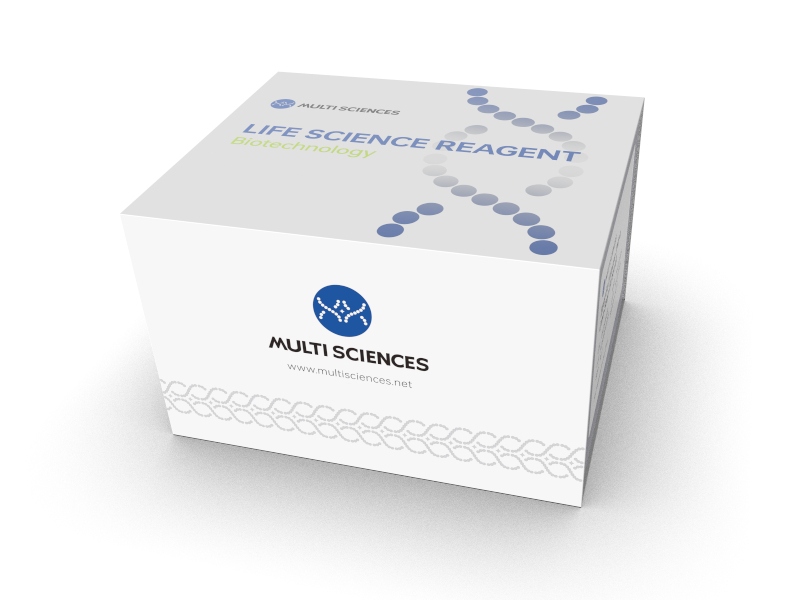
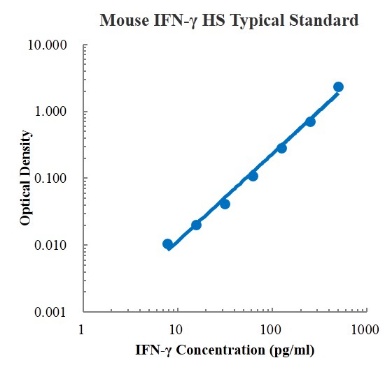
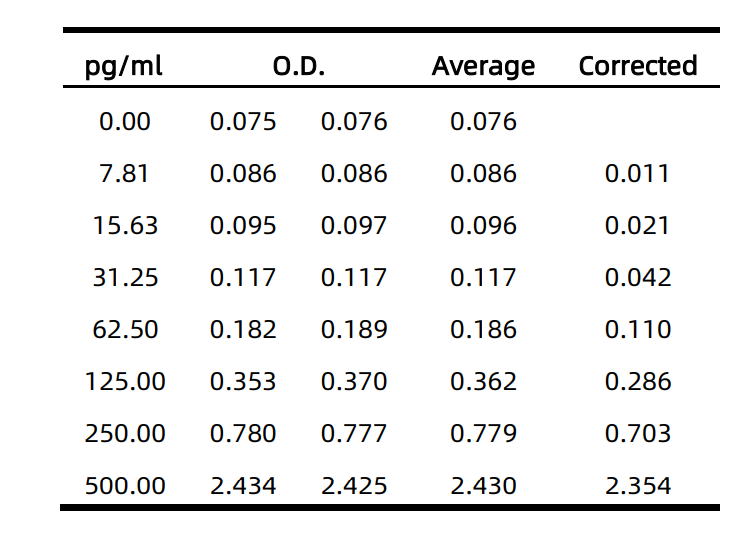


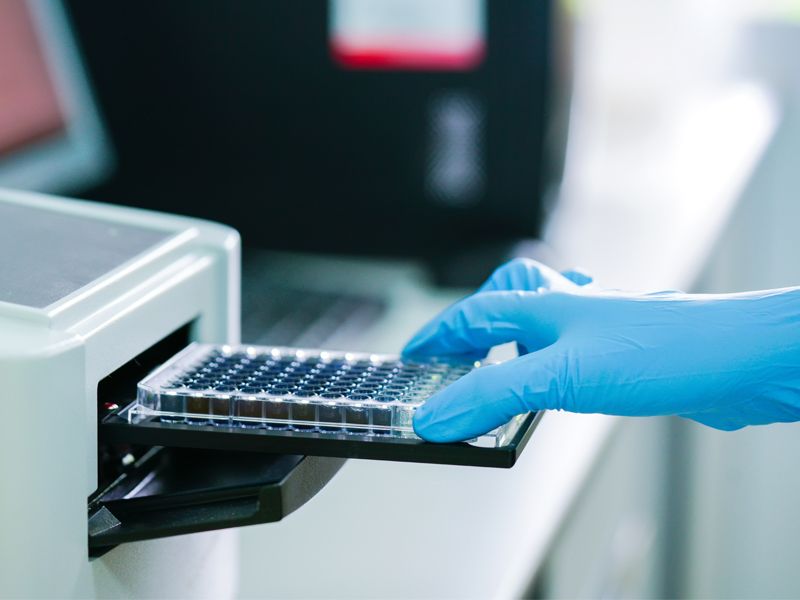
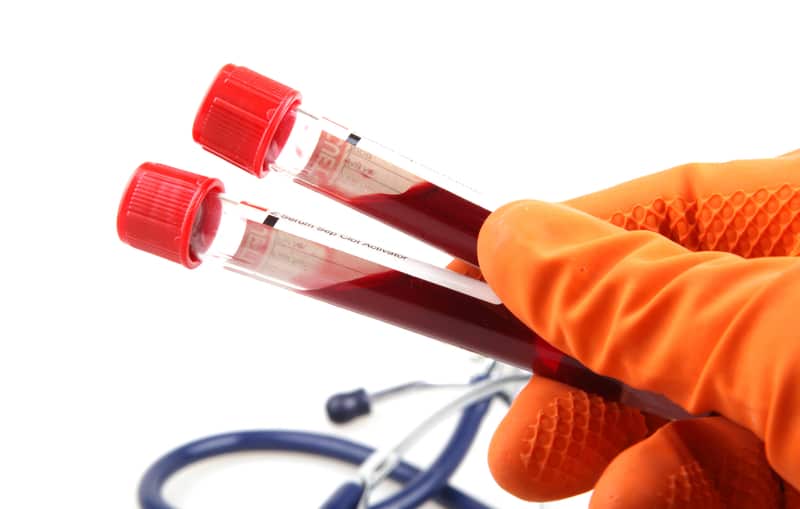
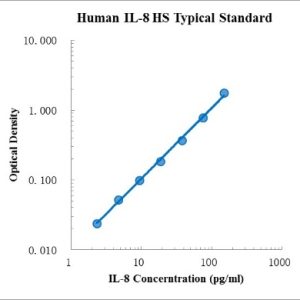
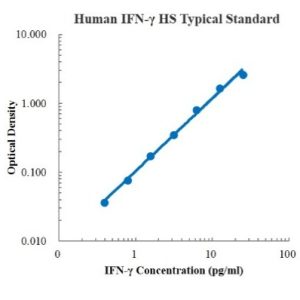
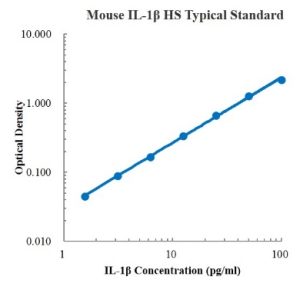
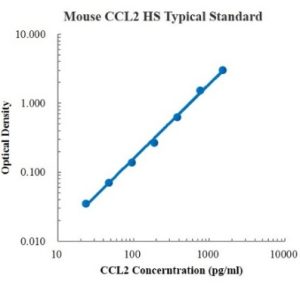
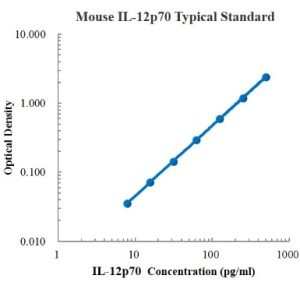
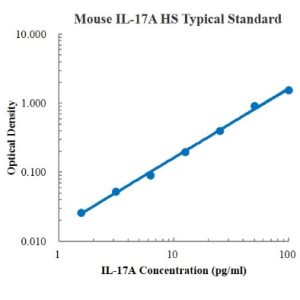
Reviews
There are no reviews yet.